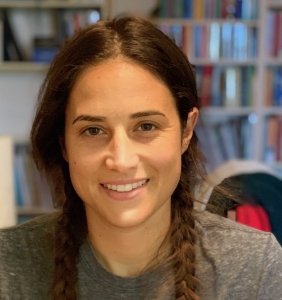CEILS Senior Associate Director and CEILS Affiliates Receive Physics & Astronomy Department Teaching Awards
Shanna Shaked, CEILS Senior Associate Director and lecturer in Physics received a teaching award for her work revising and teaching Physics 5B.
Ian McLean, faculty in Physics and Astronomy who serves as the Chair of CEILS Advisory Board, received an award for Physics 5C.
Josh Samani, CEILS Instructional Consultant and Lecturer PSOE received an award for Physics 5A along with the prestigious “Teacher of the Year Award” for his work and in recognition of his scholarship in pedagogy, service to the department, and his role providing the backbone of the new Physics 5 series from its introduction in Fall 2017.
Shanna, Ian, and Josh were among several faculty awarded for their teaching efforts in the Department of Physics and Astronomy in 2018 – congratulations to all!


